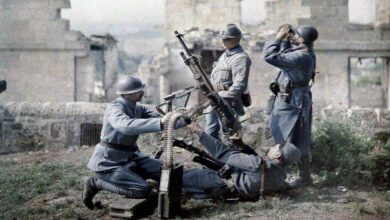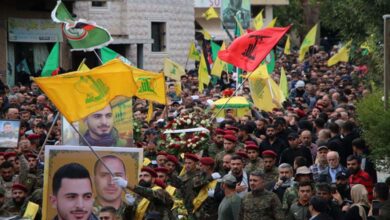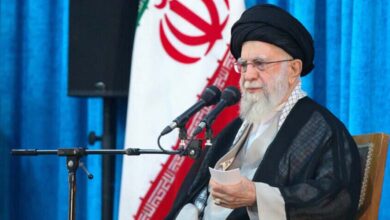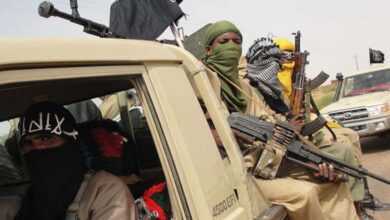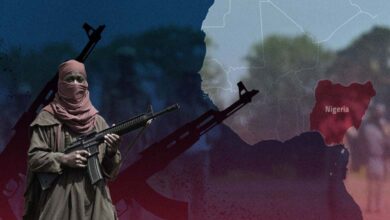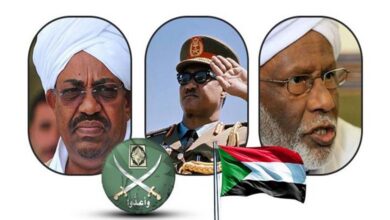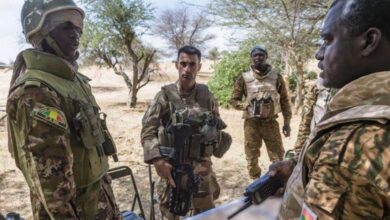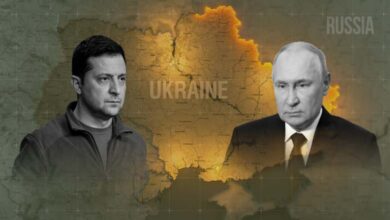Analysts: Jeddah Agreement to cease fire in Sudan revives hopes for long-awaited calm today
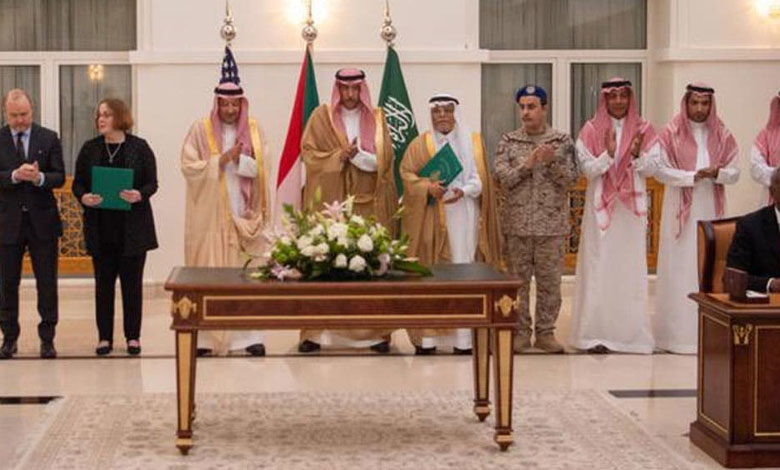
A US-Saudi brokered ceasefire agreement for a week revives hope for a temporary end to five weeks of fighting and allows humanitarian aid, political analysts said Monday. The ceasefire agreement, which was signed by the army and the rapid support forces after talks in the Saudi city of Jeddah, is due to come into force Monday evening and is subject to international monitoring.
According to Australia’s ABC News website, repeated ceasefire agreements since the conflict began on 15 April have failed to stop fighting, but the Jeddah agreement marks the first time the two sides have signed a truce agreement after negotiations.
The two sides seek victory
Analysts say it is unclear whether army chief General Abdul Fattah al-Burhan or Rapid Support Forces commander Mohamed Hamdan Daglo, known as Hemeti, can enforce the ceasefire on the ground, both of whom spoke of seeking victory.
However, the Sudanese army and RSF reiterated their commitment to the truce in separate statements on Sunday, even as fighting continued.
Fighting continues with airstrikes
According to witnesses, intermittent fighting remained in the center and south of the capital Khartoum and coincided with air strikes and later anti-aircraft fire in eastern Khartoum and Omdurman, which are with the Khartoum state seafront city.
Ongoing suffering
Safaa Ibrahim, 35, told Reuters she hoped the agreement would end the conflict.
She added: “We are tired of this war, we are displaced from our homes outside Khartoum, and families are scattered among the cities of Sudan and Egypt… We want to return to normal life and safety. Proof and my wife must respect the will of people to live”.
Jeddah Agreement
According to the text of the Jeddah agreement, a committee of three representatives from each of the parties to the conflict, three members from Saudi Arabia and one from the United States will monitor the ceasefire.
The Expected Truce
The Jeddah talks have focused on allowing aid in and restoring basic services, and mediators say more talks are needed to pull troops out of urban areas in order to hammer out a lasting peace deal involving civilian forces.
The people of Khartoum are waiting for a truce and the opening of humanitarian corridors, said Mohammed Hamid, a political activist in the capital, adding that the health situation was getting worse by the day.
Destruction of health facilities
Thirty-four attacks on health care facilities have been verified since the start of the conflict, and looting of humanitarian supplies and attacks on health facilities have continued since the two sides signed pledges in Jeddah on 11 May to protect aid supplies and civilian infrastructure, a UN release said.
Millions of civilians were trapped as the army used airstrikes and shelling to target the Rapid Support Forces (RSF), which were deployed in residential areas at the beginning of the fighting.


